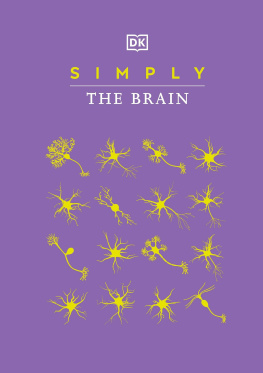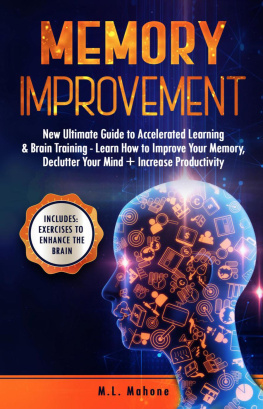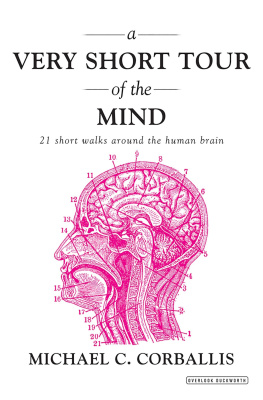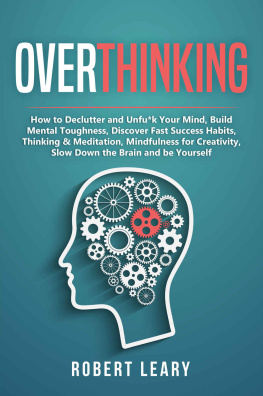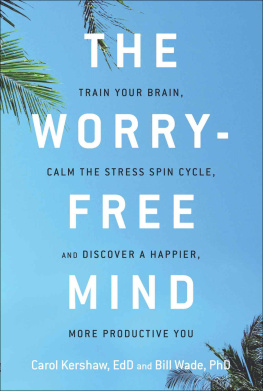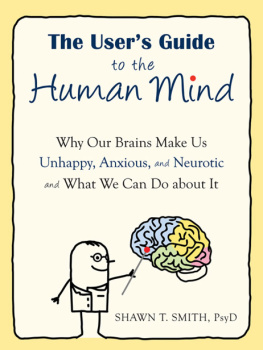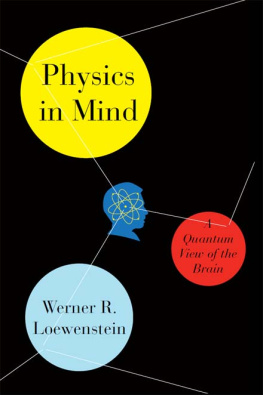Copyright 2018 - All rights reserved.
The content contained within this book may not be reproduced, duplicated or transmitted without direct written permission from the author or the publisher.
Under no circumstances will any blame or legal responsibility be held against the publisher, or author, for any damages, reparation, or monetary loss due to the information contained within this book. Either directly or indirectly.
This book is copyright protected. This book is only for personal use. You cannot amend, distribute, sell, use, quote or paraphrase any part, or the content within this book, without the consent of the author or publisher.
Please note the information contained within this document is for educational and entertainment purposes only. All effort has been executed to present accurate, up to date, and reliable, complete information. No warranties of any kind are declared or implied. Readers acknowledge that the author is not engaging in the rendering of legal, financial, medical or professional advice. The content within this book has been derived from various sources. Please consult a licensed professional before attempting any techniques outlined in this book.
By reading this document, the reader agrees that under no circumstances is the author responsible for any losses, direct or indirect, which are incurred as a result of the use of information contained within this document, including, but not limited to, errors, omissions, or inaccuracies.
Introduction
You have power over your mind not outside events. Realize this, and you will find strength. Marcus Aurelius
The mind is a powerful thing, yet very little is really understood. Did you know that, even though scientists have spent years trying to figure out exactly how the mind works, what thoughts are, and what the mind really is, they still do not fully understand what goes on in the brain, apart from the physical structure that this very important organ in the human body presents.
We rely on our minds so much. During the day, we depend on our brain to think, to process information, to store memories, to remember names, locations, and to remind ourselves that we have to go to that very important meeting. We then rely on our brains to remember vital information that we have to present at the meeting. These are only a few ways that we utilize our minds every single day in order to be productive not only in the workplace but also generally in life.
Even when we go to sleep at night, our minds do not stop functioning. The brain processes all the memories of the day and creates new pathways to store these memories. Dreams are also an action of the mind.
So, we can all agree that the mind is a truly amazing thing and that human life would not be as advanced as it is today without all the great minds that have allowed us to accomplish so many things in the past.
As we rely on the mind each day, take in information, and continuously overload ourselves with stress, there is one particular problem that we have all come across, a cluttered mind.
When the mind becomes cluttered, it is so much harder to think clearly to focus on any given task at hand. You may find yourself working on one thing, but your mind is busy with something else. This is common for people who have too much on their plate, and it can be detrimental when you try to focus on being productive at work, but your mind wont allow you to focus on a specific task or project that you need to complete.
The fact that you are reading this book means that you probably find yourself struggling to concentrate. Perhaps your memory is foggy, all because there is always too much on your mind. Well, first off, a congratulation is surely in order you have now taken the first step to uncluttering your mind, which will ultimately help you relieve some of the stress that comes with a mind that is filled with too many thoughts, memories, and information at a single time.
In this book, I am going to take you through a few processes, tips, strategies, and effective techniques that will all contribute to uncluttering your own mind. At times, things may not seem obvious with some tips, you may not be sure how they will ultimately contribute to a clear mind, but I urge you to follow through on all the tips I share with you, and you will surely experience great peace of mind by the time you have completed the book.
We will start by addressing the reasons why our minds become cluttered, and then take a look at how you can calm your mind down in order to take better control of your own thoughts. We will then move on to some habits and strategies that you should implement into your day-to-day life to experience a reduction in the clutter that is inside your mind all the time. From there, I will start to touch upon a few topics like sleep, your diet, and even exercise, and explain to you how habits in your current life situation might be contributing to a foggy brain that is cluttered with irrelevant thoughts, memories, and ideas.
Chapter One: Understanding Why Your Mind Is So Cluttered
Tackle One Task at a Time
To have a clear mind that is uncluttered, you first need to understand why your mind is cluttered in the first place. As we go about our daily lives, it becomes so easy to forget that we should take things slow sometimes or just take a quick break now-and-then. We continue to fill our brains with data often, the data that we add to our already overloaded mind is irrelevant to the task at hand.
This is the primary reason why so many people find their minds cluttered all the time. That two hours you spend on Facebook each day, combined with the television shows you watch before bed. Add all the stress that you have at work. Perhaps you are studying as well, adding even more information that your mind needs to process and memories that you create.

Is Your Mind Cluttered?
Before we proceed, let me first share with you a few signs that you may notice, signaling that your mind may be cluttered. While it may seem obvious what symptoms you will experience with a cluttered mind, we sometimes get so used to how our minds function and of the untidiness of our thoughts, that we do not immediately realize that the mind has become cluttered.'
Sleep disturbances are some of the most common signs that people tend to experience with a cluttered mind. You get out of the shower and jump straight into bed, but no matter how tired you are, your mind keeps wondering and refuses to shut down, so you can fall asleep. A lot of people may think that they are suffering from insomnia, when, in actual fact, they simply have too much on their mind.
A lot of the symptoms that may signal having too much on your mind seem unusual. For many people, a constant increase in stress might be a symptom. You may start to become forgetful and experience mental fatigue, along with a foggy mind. You may even feel tired with so much information on your mind, and your brain needs to work really hard. Some people also tend to become obsessive about the smallest things this could even be a sign that there is something lingering on your mind that needs to be attended to.
Difficulty focusing on tasks that you need to complete is another sign that you have too much information overloading your brain. For many people, the focus is broken when they start to concentrate on matters that are not related to the task that they are busy with.







